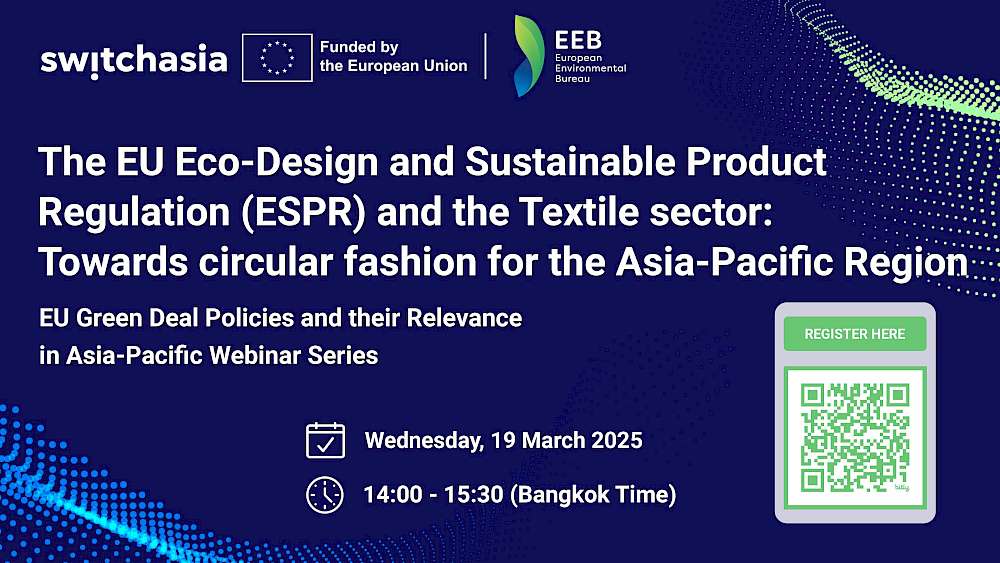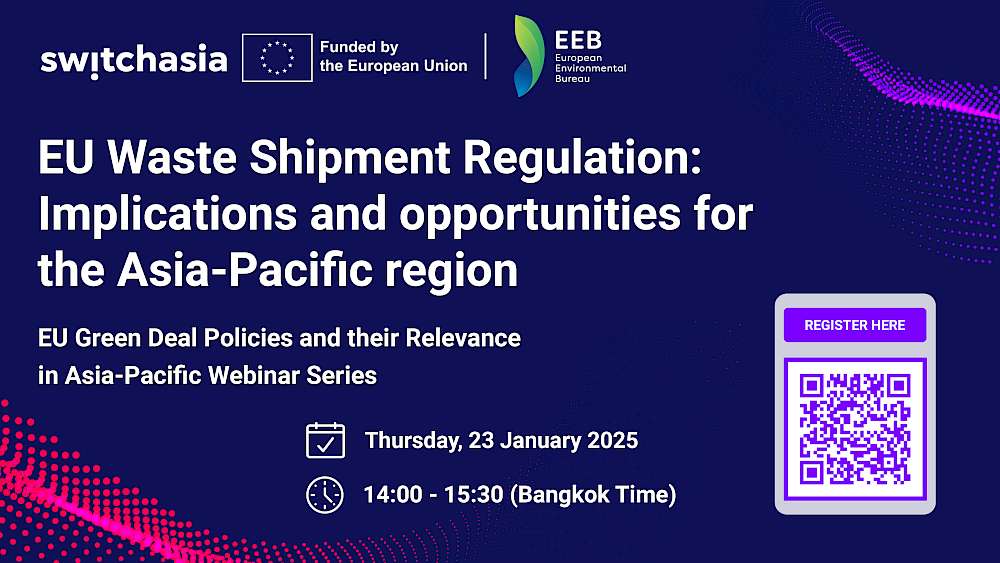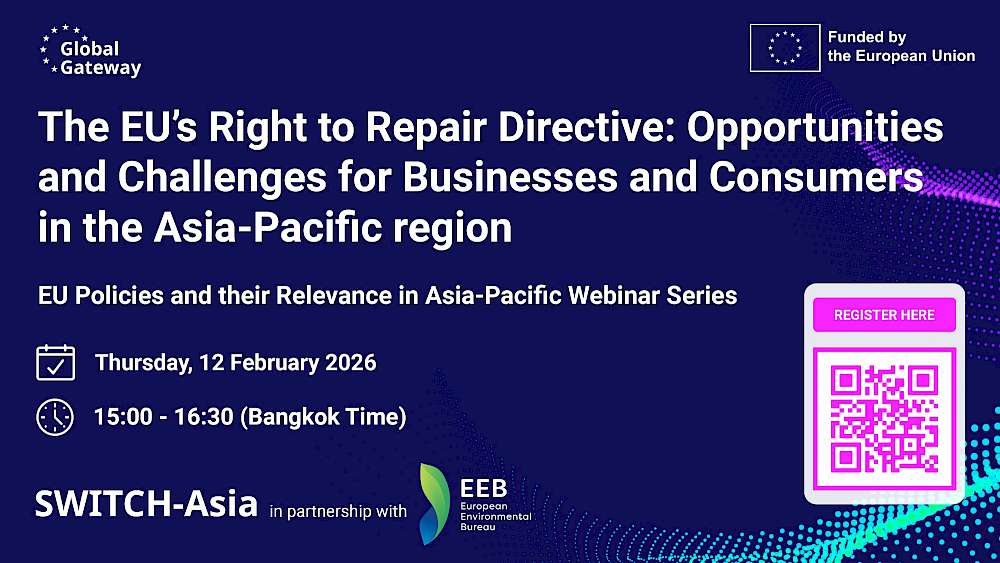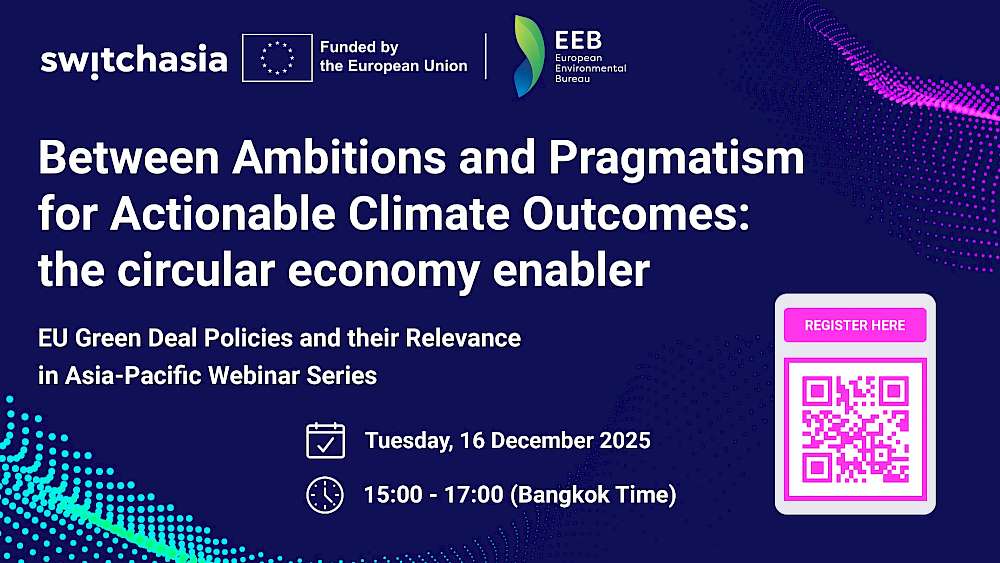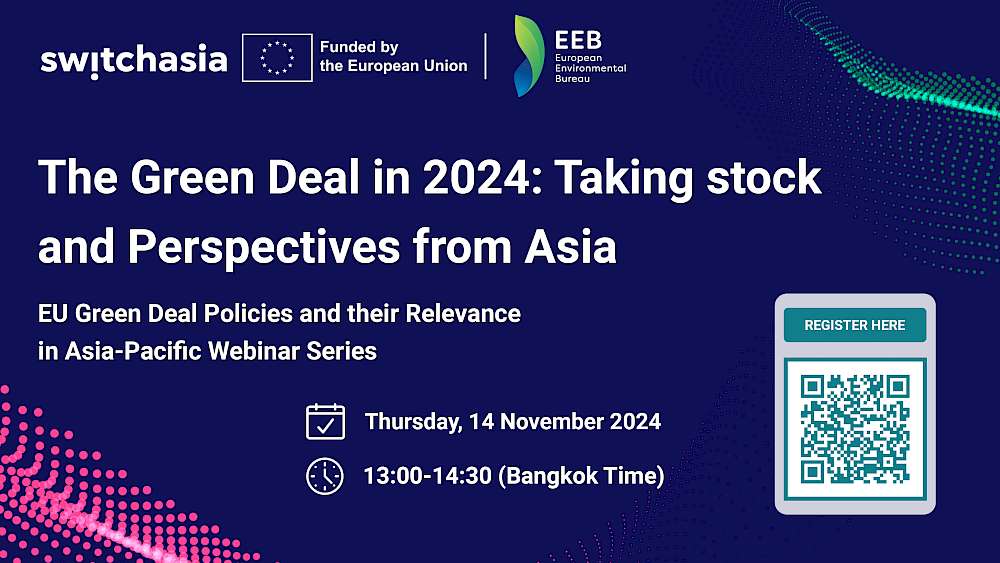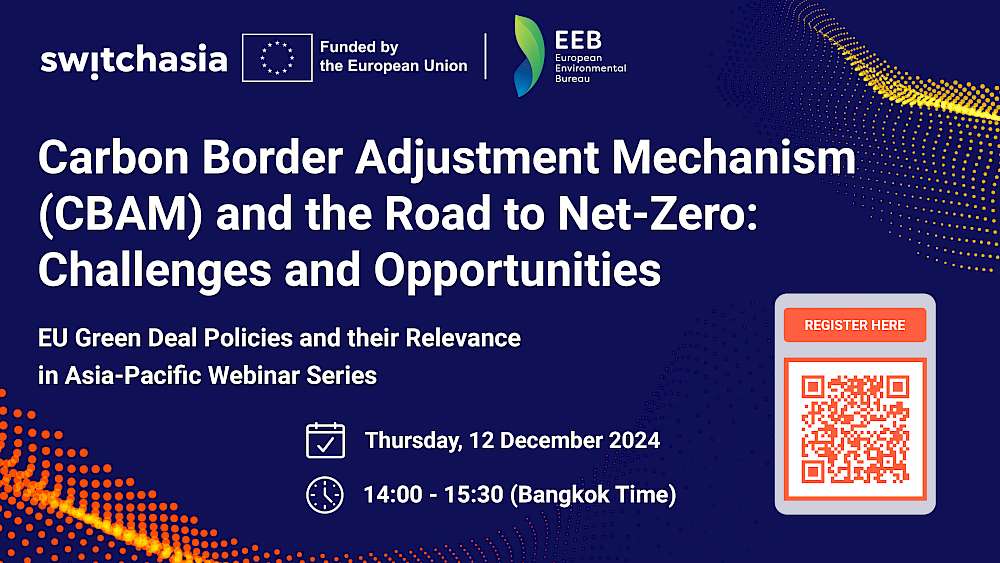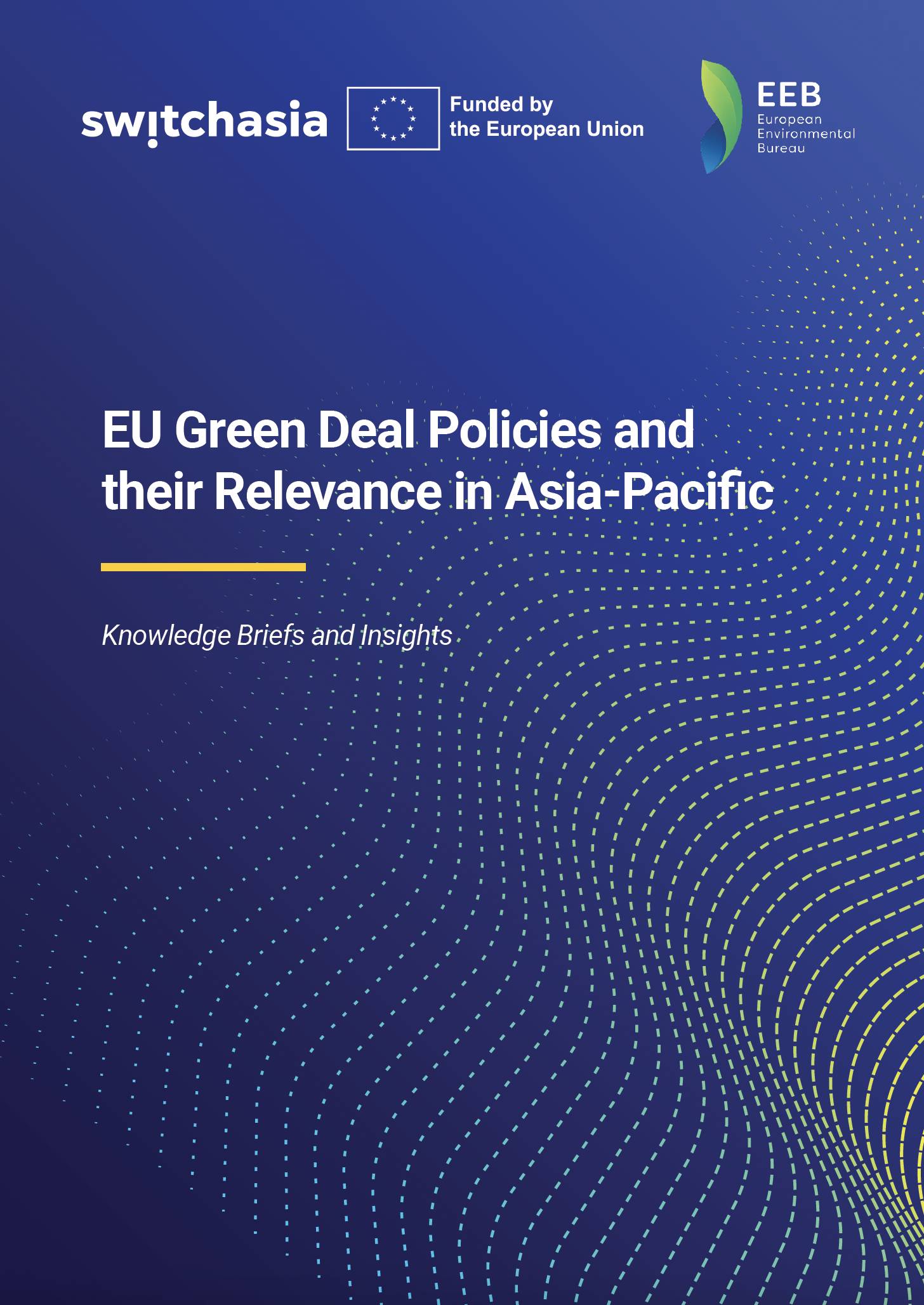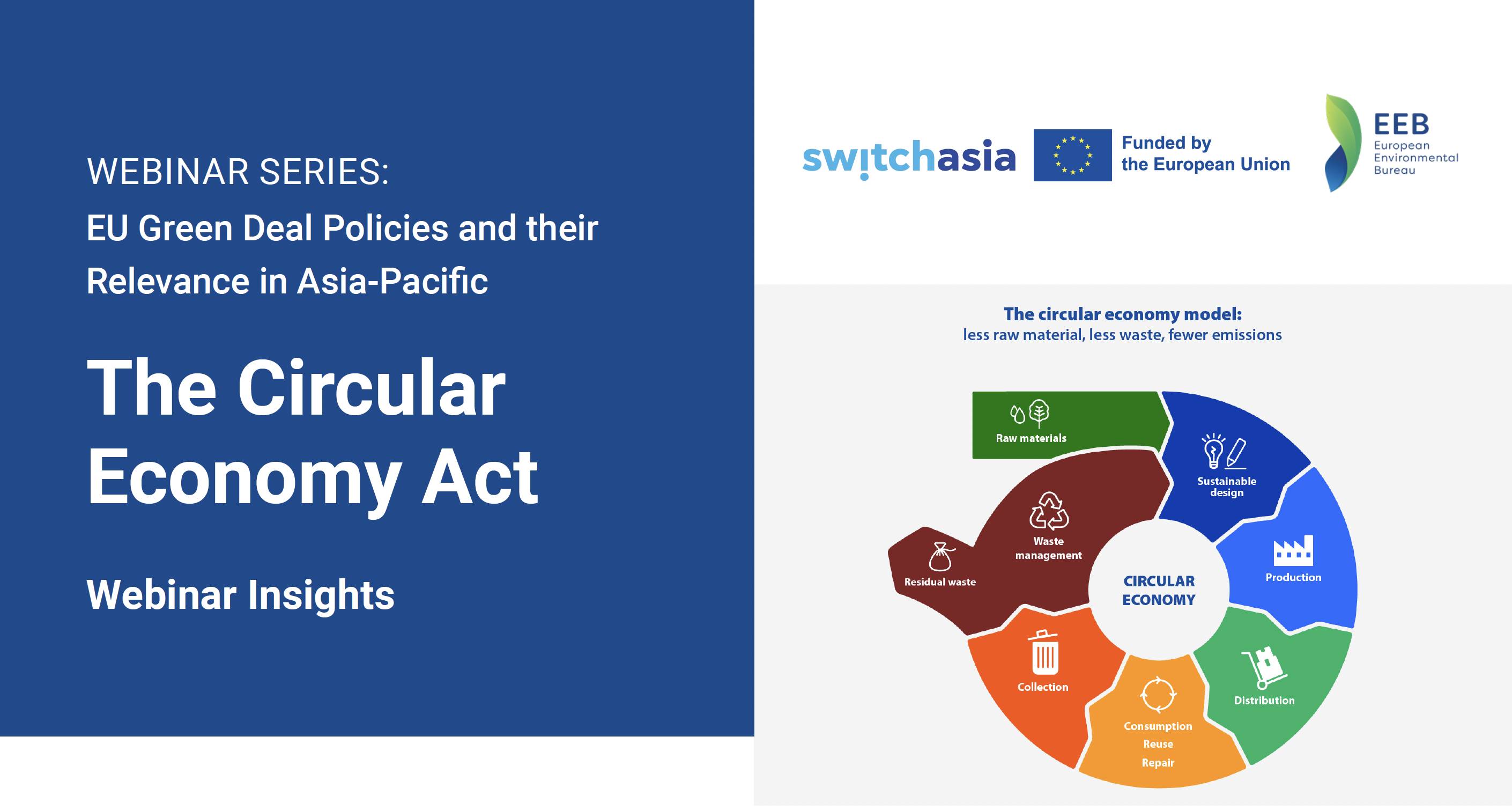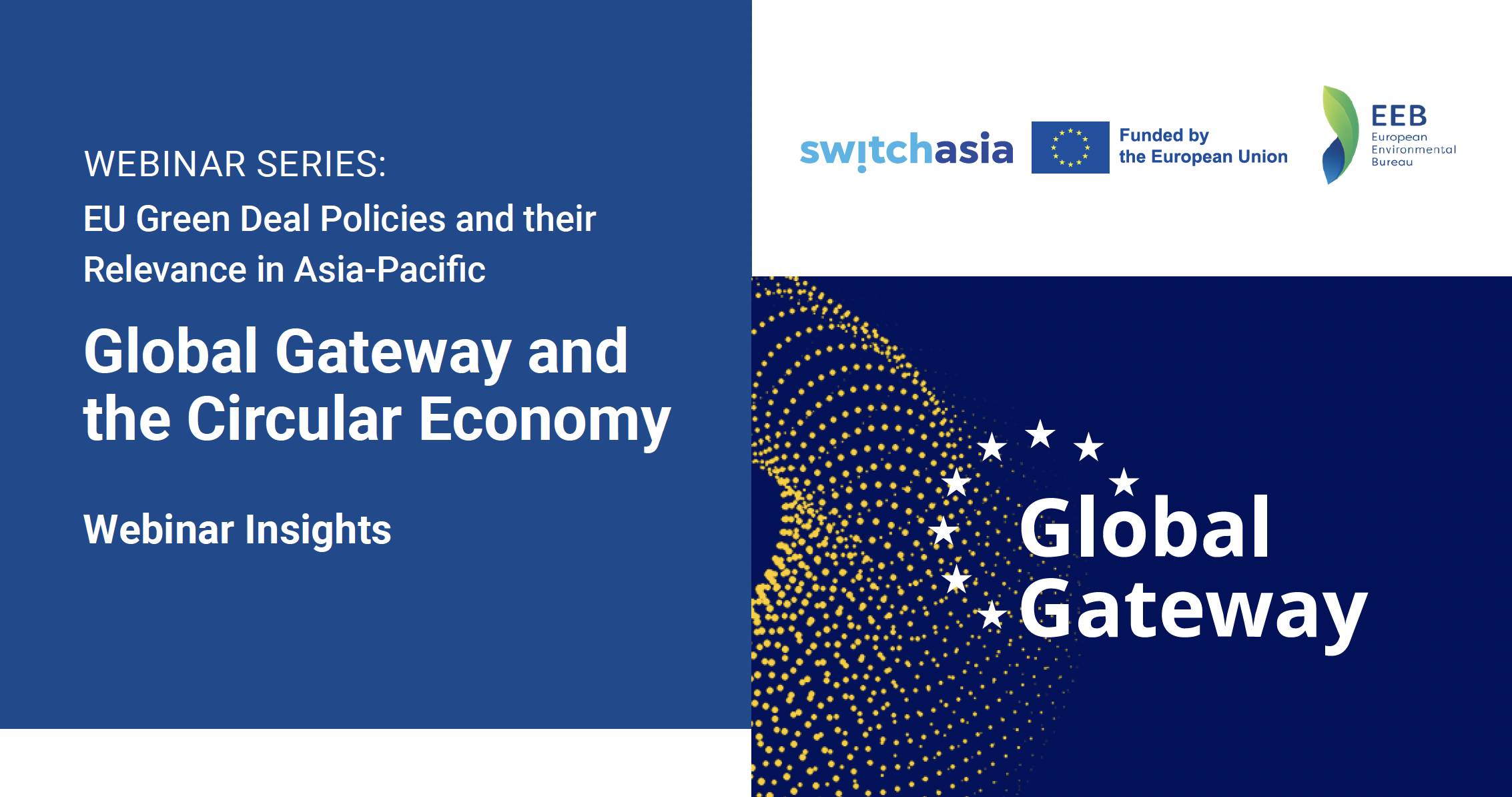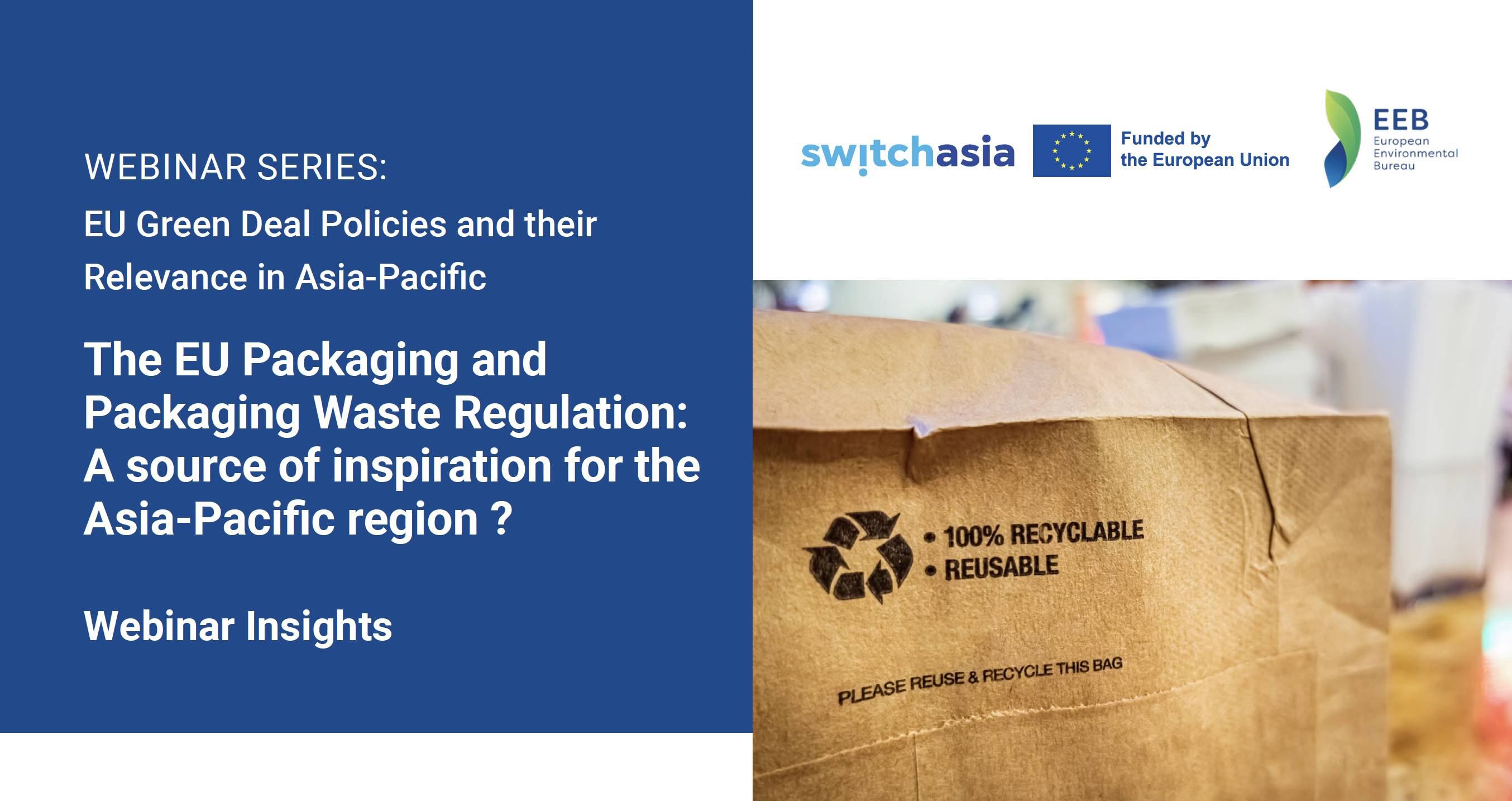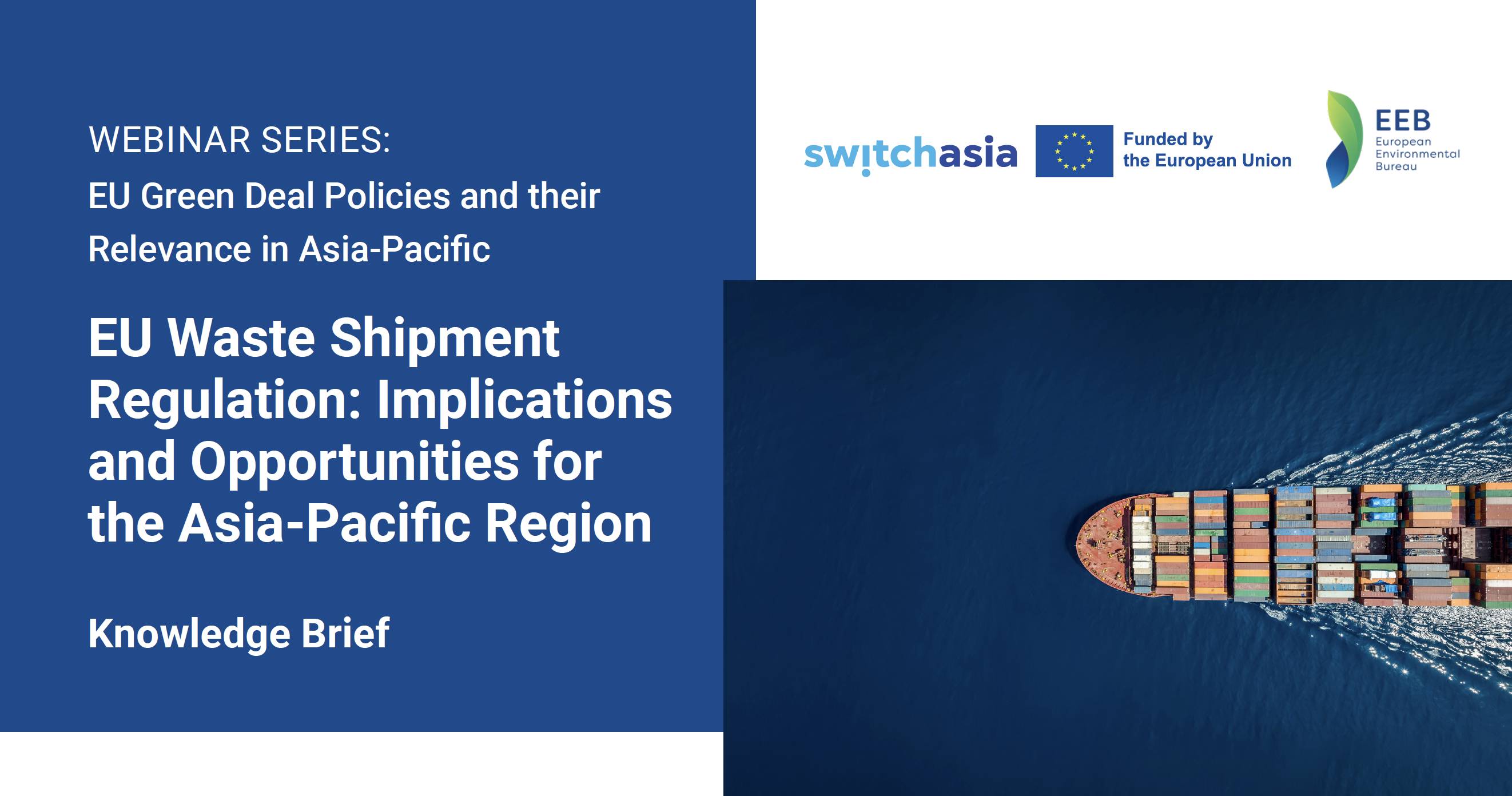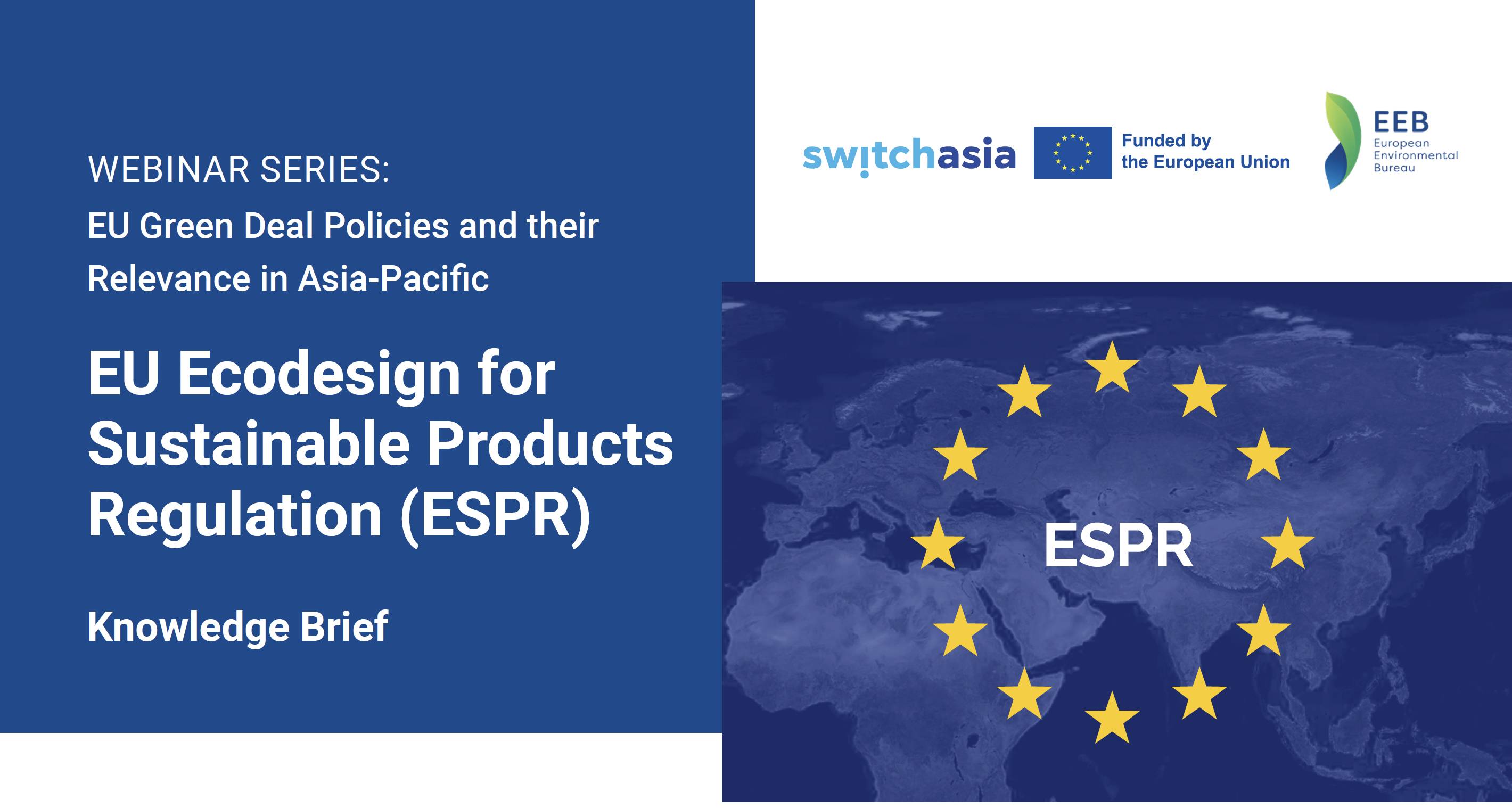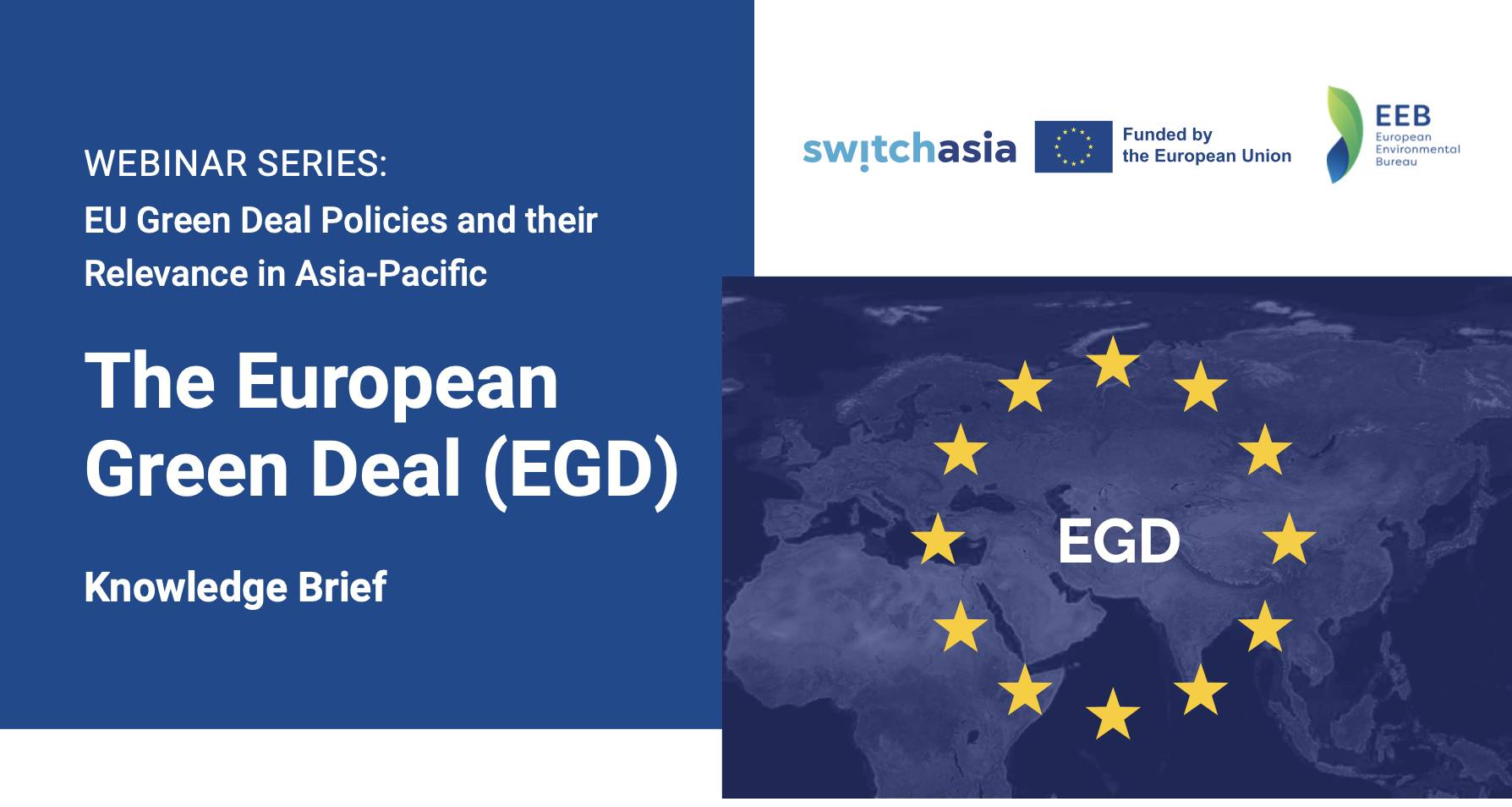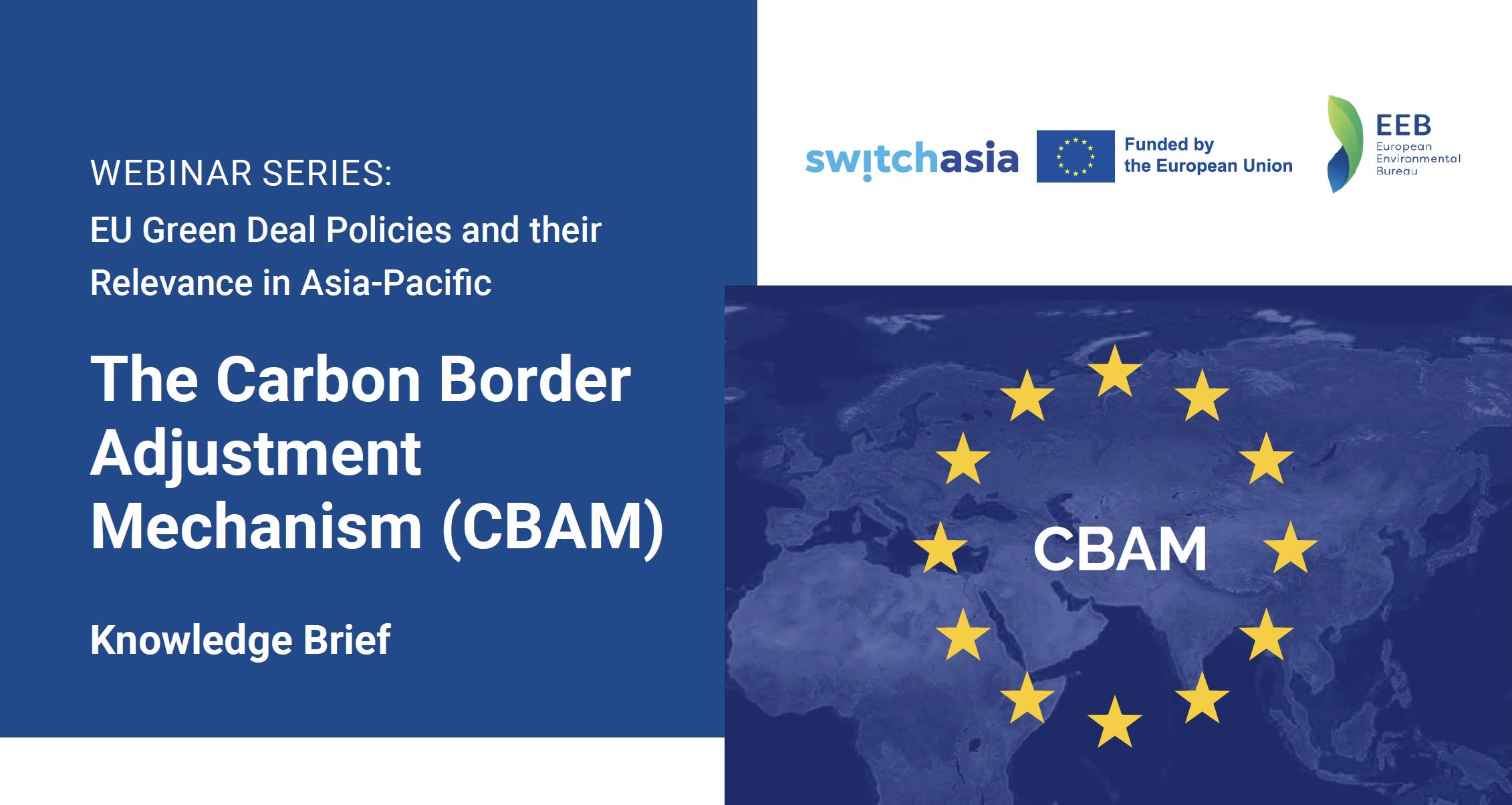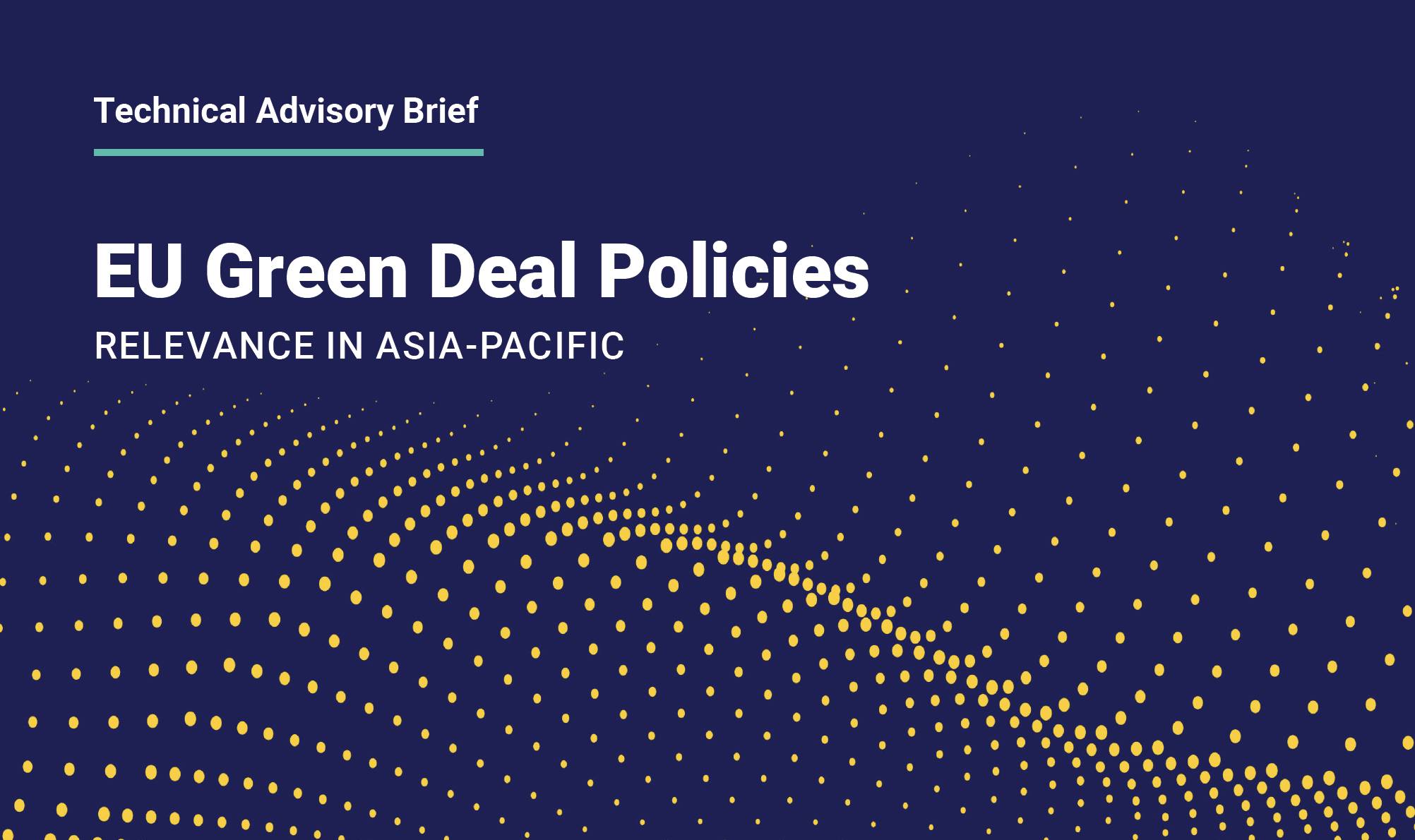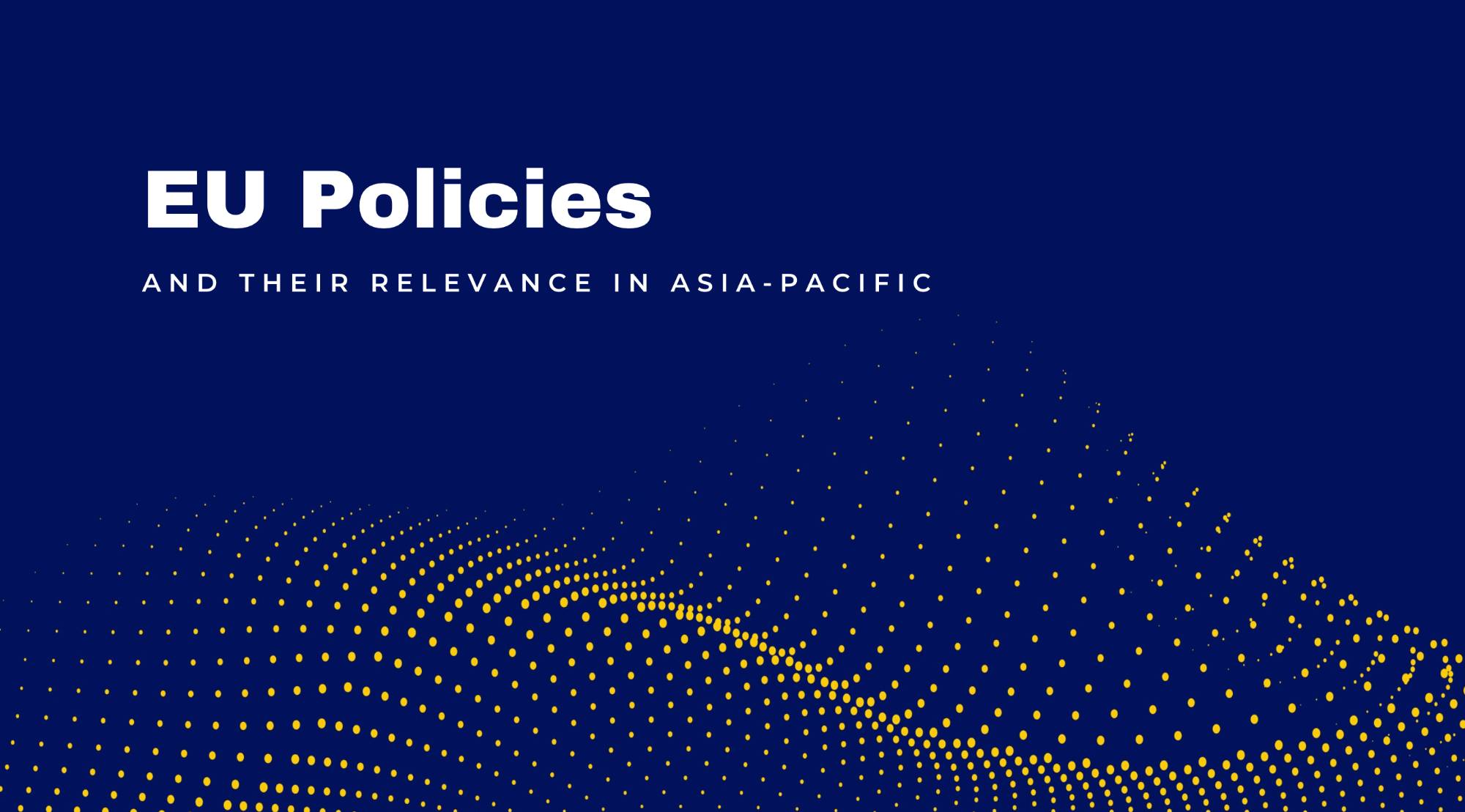
Locations: Europe and Asia-Pacific (Ongoing)
Themes: Policy
The Challenge
The Green Deal—a set of policy initiatives designed to guide the EU toward a green transition with the aim of achieving climate neutrality by 2050—has a strong external dimension that will be crucial for its implementation. For instance, the new EU Industrial Strategy and Circular Economy Action Plan, adopted in March 2020, aim to promote resource efficiency and waste reduction in global value chains. Similarly, the Farm to Fork Strategy and the Zero-Pollution Action Plan promote ambitious global standards for sustainability, including in critical sectors. The Green Deal will also contribute to reducing natural disaster risks and crises linked to environmental degradation and climate change.
The policies under the Green Deal are complex, reflecting the intricate process of their formulation. This process involved extensive discussions and negotiations to reconcile differing positions and interests. As a result, examining the development of these policies provides important insights into how diverse perspectives can be integrated to effectively address environmental challenges.
Beyond the EU Green Deal, and also relevant to SWITCH-Asia stakeholders, are Multilateral Environmental Agreements (MEAs)—both existing and those currently in development—that address the most pressing environmental issues of global or regional concern, ranging from the protection of the atmosphere to the sustainable management of chemicals and waste, including the pervasive problem of plastic pollution.
The European Union's work with MEAs provides valuable insights. By actively engaging in these agreements, the EU has been able to develop and implement comprehensive strategies to address a wide array of environmental challenges. This collaborative approach not only fosters international cooperation but also enhances the effectiveness of environmental policies and actions.
Objectives
This initiative seeks to explore the implications of these policies for the EU’s partner countries, particularly in the Asia-Pacific region. It aims to understand the goals of these policies, their relevance in specific contexts, and their implications for stakeholders in the Asia-Pacific, particularly concerning legislation that has emerged from EU policies. Additionally, where appropriate, the initiative aims to provide insights into the policy development process.
The specific objective of this Technical Advisory is to foster knowledge-sharing and dialogue among policymakers, the business community, and civil society in the EU and the Asia-Pacific region. The focus will be on identifying opportunities and obstacles to transitioning to more circular practices and exploring how new or revised government policies in the EU, the Asia-Pacific, or globally through MEAs could accelerate this transformation.
Way Forward
SWITCH-Asia experts will plan, organise, and deliver up to 15 webinar sessions focused on “unpacking” the strategic priorities of the EU Green Deal and Multilateral Environmental Agreements for a mixed EU and Asia-Pacific audience. These sessions aim to enhance the understanding of how these strategic priorities can be translated into the realities of Asia-Pacific stakeholders, defining their roles and contributions to the implementation of these policies through sustainable consumption and production (SCP) and circular economy (CE) practices.
This Technical Advisory is being implemented in partnership with the European Environmental Bureau.
Webinars
Watch the recording here Watch the recording here
Watch the recording here Watch the recording here
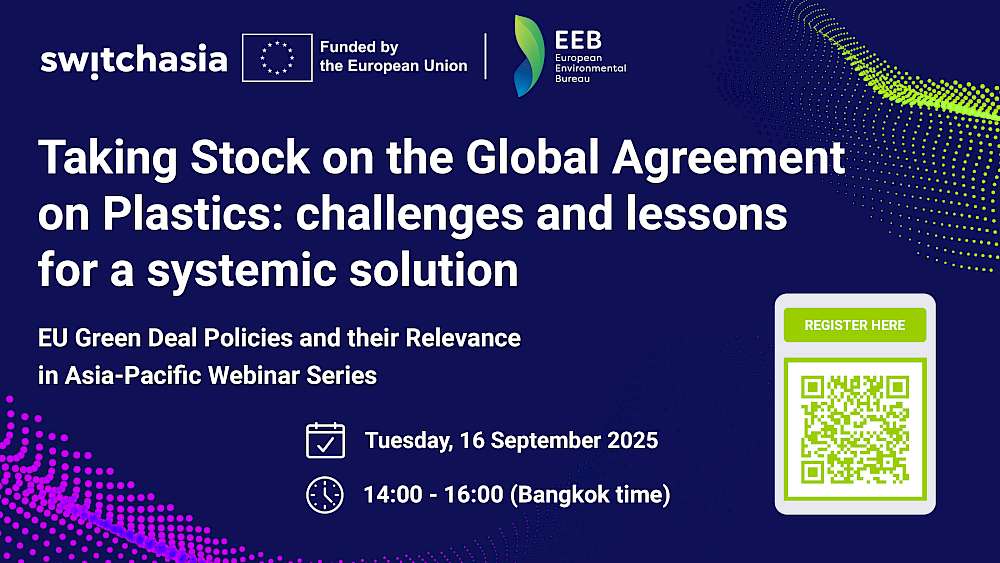
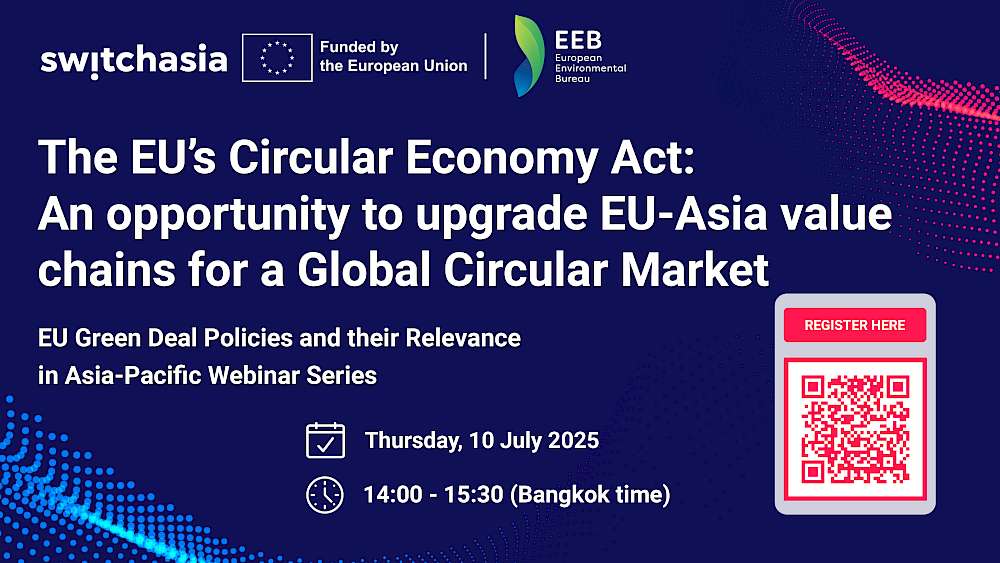
Watch the recording here Watch the recording here
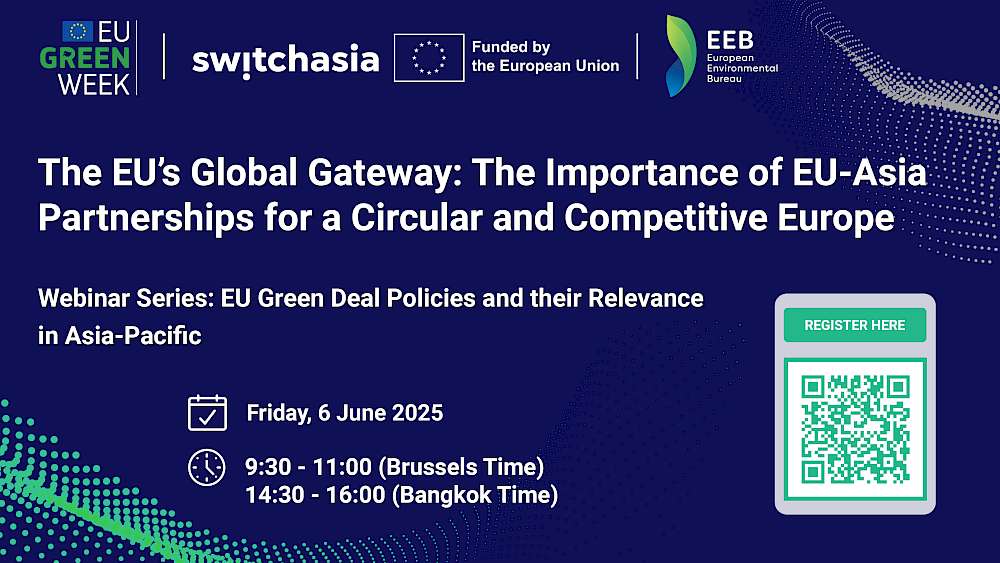
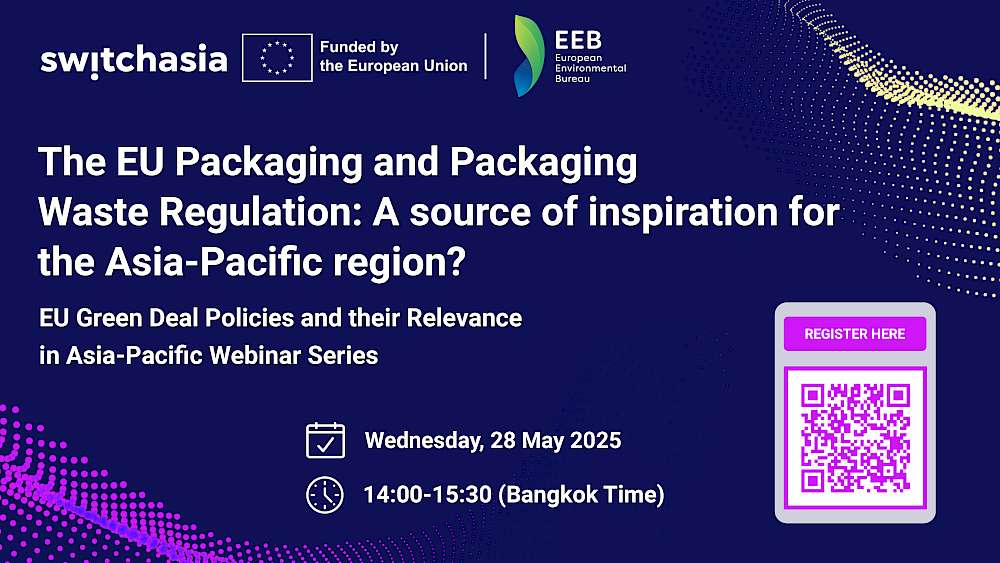
Watch the recording here Watch the recording here
